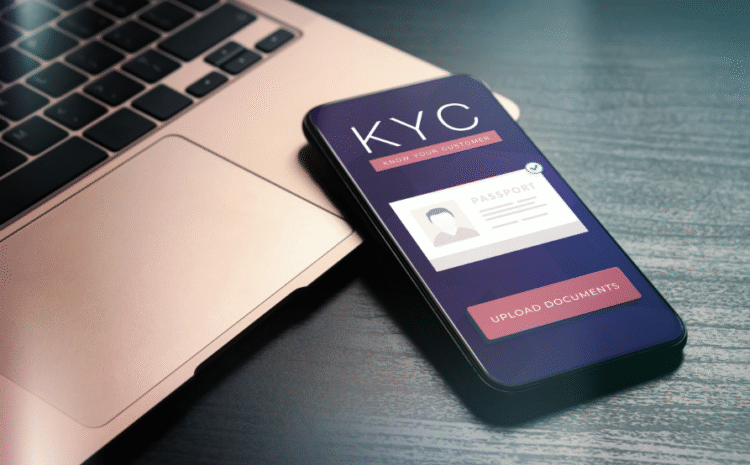Know Your Customer (KYC)
A Crucial Process for Financial Institutions
Know Your Customer (KYC) is a crucial process for businesses and financial institutions to verify the identity of their customers. It is an essential process in preventing fraud, corruption, money laundering and the financing of terrorism. KYC mitigates the risk of crimes by ensuring that a financial institution knows the identities and backgrounds of their customers, reducing the likelihood of suspicious activities.
What is KYC?
KYC involves a series of steps aimed at checking and validating the identity of individuals or entities seeking to establish a business relationship with a financial institution. Whether opening a bank account, applying for a loan, or conducting transactions, the KYC process plays a pivotal role in maintaining the integrity of the financial system.
Why is KYC important?
Risk Assessment: KYC enables institutions to assess the risk associated with each customer. By understanding their clients, financial institutions can implement risk management strategies effectively.
Regulatory Compliance: Compliance with legal and regulatory standards is essential. KYC ensures that financial institutions adhere to anti-money laundering (AML) and counter-terrorism financing (CTF) regulations and guidelines.
Trust and Reputation: Knowing your customers fosters trust. Clients feel secure when they interact with institutions that prioritize security and transparency.
What are the key components of KYC?
Customer Identification: Collecting, verifying, and validating customer information, including personal details and relevant documents.
Ongoing Monitoring: Regularly reviewing customer profiles to detect any unusual behaviour. Monitoring is dynamic as risk factors change over time.
What documents are typically required for KYC?
The necessary documents vary by jurisdiction. The KYC process begins with the customer providing personal identification documents. The financial institution then verifies and checks these documents to ensure they can enter a business relationship with the person. The customer may be required to provide additional information depending on the jurisdiction and other risk factors such as the complexity of the transactions.
What is Business KYC (KYB)?
Know Your Business (KYB) extends the KYC concept to corporate entities. Verification of business details, ownership structure, and Ultimate Beneficial Owners (UBOs). KYB safeguards financial institutions against money laundering and financing of terrorism, promoting transparency in business relationships.
Is KYC information the same for every country?
No, each country has the authority to establish the KYC laws and regulations that govern its jurisdiction as it sees fit. As a result, the documents and requirements for KYC (Know Your Customer) vary significantly from country to country. Each jurisdiction imposes specific guidelines on financial institutions to ensure compliance with anti-money laundering (AML) and counter-terrorism financing (CTF) regulations.
Can additional documents be requested during KYC?
By default, KYC processes retrieve essential documents. However, financial institutions may request for additional documents if needed. For instance, specific industries (like cryptocurrency exchanges) may require extra information to meet regulatory obligations.
Is KYC a global requirement?
Whether you are dealing with clients in the UAE, United States, India, the United Kingdom, or Japan, robust KYC protocols remain essential.
Embracing KYC protocols creates a secure transactional environment, reducing the likelihood of involvement in illicit activities. To explore the benefits of KYC for your business and receive expert guidance on regulatory compliance, do not hesitate to reach out to VAF Compliance. Our proficient team is committed to assisting you in navigating the complexities of compliance and fortifying your operations.
